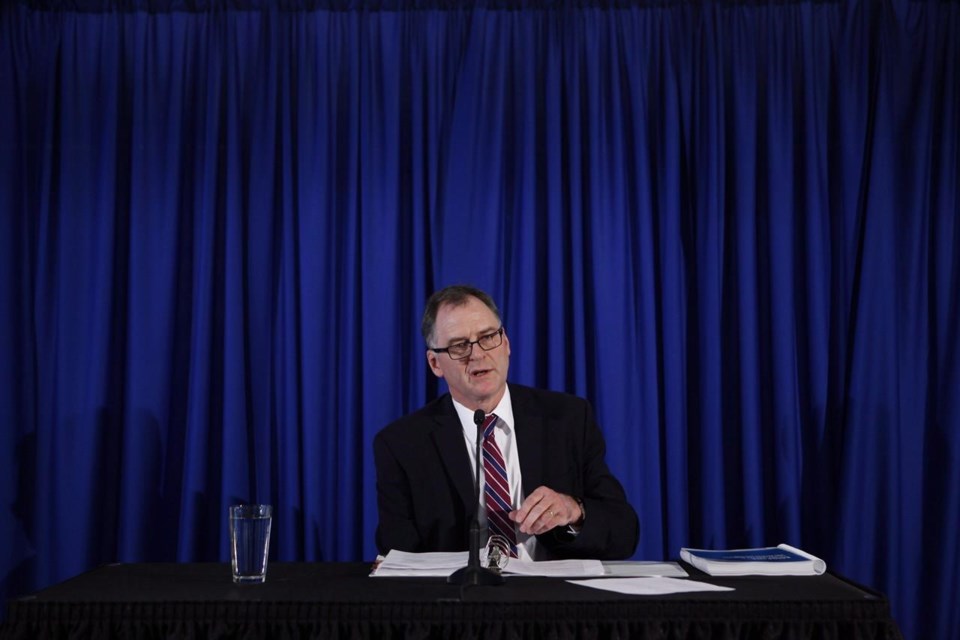VICTORIA — Expanding whistleblower protections in British Columbia will give the government more insight into issues of concern at the public service level, says the attorney general.
The protections under the Public Interest Disclosure Act were extended Friday to employees at most provincial tribunals, agencies, boards and commissions, joining about 35,000 ministry staff and workers at independent offices of the legislature, David Eby said.
The act, which became law in December 2019, allows employees to share information about possible wrongdoings that affect the public interest with designated officers or the Office of the Ombudsperson without reprisals.
More employees at agencies, boards and commissions will be covered by the protections later this year as the government continues a phased-in approach to implementing the act across the public sector, said Eby.
"The benefit of doing it in phases like this is to make sure the training and communications are in place, so these complaints are handled properly and the tools are in place for the ombudsperson to do proper investigations," he said in an interview.
Employees at health authorities and the education sector will be covered under the act over the next two years, Eby said.
The B.C. government's budget tabled last February said there are more than 500,000 people in the public sector, which includes the core public service, Crown corporations and agencies and employees in health, community social services, public education and post-secondary institutions.
"This program is essential for me to have increased confidence that if people see wrongdoing or violation of the public service code, they have an avenue to bring that forward so we can deal with it from a political level," Eby said.
Whistleblower protections also give employees the confidence to come forward with issues of concern, he said.
"Being in the office that I'm in, I know that I don't have insight into what's happening day to day at the public service level," said Eby. "If there's a problem with somebody, if there's an issue of corruption, an issue of bullying, an issue of any kind of integrity problem, it's very hard for me to know as minister that that's taking place."
A B.C. government employees union lawyer told the province's public inquiry into money laundering last year that better whistleblower protections for front-line casino workers may have prevented illegal cash from circulating at gaming venues.
The whistleblower protection law was introduced following a report by ombudsperson Jay Chalke into the 2012 firing of eight Health Ministry workers, one of whom later died by suicide.
Chalke said Friday he supported the phased-in approach, which allows the government and agencies to learn to work with the act.
He said his office started 10 investigations under the Public Interest Disclosure Act in the year ending March 31, 2021.
The one investigation that advanced to the completion stage did not find any wrongdoing but made a recommendation to the government for improvement, Chalke said.
"The good thing is that so far people are coming forward," he said in an interview.
The office's annual report includes the message, "Speak Up. You Can Make a Difference."
"That whole notion of speak-up culture is embedded in whistleblower laws and I think the best public bodies see that and want to make that happen," Chalke said.
This report by The Canadian Press was first published April 1, 2022.
Dirk Meissner, The Canadian Press



